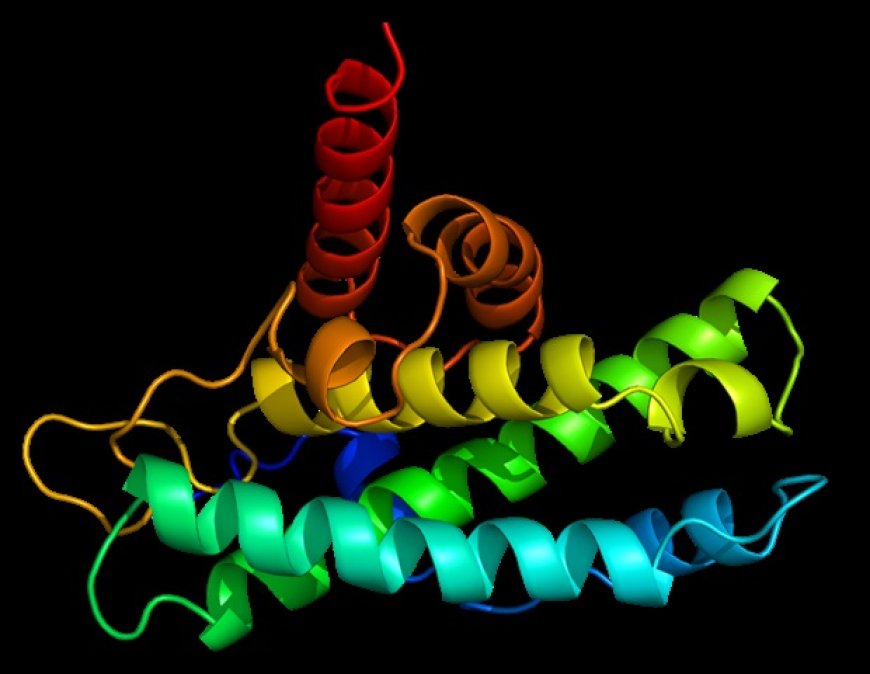Study Finds Epigenetic Enzyme SETD1B Drives Aggressive Growth in Acute Myeloid Leukemia
A recent study by Japanese researchers uncovers the role of the epigenetic enzyme SETD1B in fueling the growth of a particularly aggressive form of Acute Myeloid Leukemia (AML). This discovery sheds light on potential new treatment approaches that could benefit patients with specific genetic mutations associated with poor prognosis and high relapse rates.

Acute myeloid leukemia (AML) is a fast-progressing cancer affecting the blood and bone marrow, requiring immediate treatment. While some AML cases respond well to chemotherapy and targeted drugs, many forms are resistant, leading to frequent relapses.
A recent study by researchers from Japan, including scientists from Chiba University, has identified an epigenetic enzyme called SETD1B that plays a crucial role in promoting the growth of a particularly aggressive form of AML, especially in patients with the FLT3-ITD mutation. This mutation is linked to poor prognosis and high relapse rates. By targeting SETD1B, researchers believe they can develop more effective treatments to inhibit the proliferation of leukemia cells.
The study, led by Associate Professor Takayuki Hoshii and team, was published in the journal Leukemia on May 8, 2025. Dr. Hoshii explained, \"SETD1B supports aggressive cell proliferation in AML by enhancing oncogenic MYC expression, particularly in patients with the FLT3-ITD mutation.\"
Previous research has shown that FLT3-ITD mutations are common in MLL-r AML, a subtype characterized by genetic abnormalities. MLL-r AML cells exhibit high levels of H3K4me3, an epigenetic modification that influences gene expression. The team identified Setd1b as the gene responsible for this modification, showing that targeting its catalytic domain slowed cancer growth, especially in cells with FLT3-ITD mutations.
Understanding SETD1B's role in maintaining H3K4me3 is crucial for developing targeted therapies for AML and other MYC-driven cancers. By inhibiting SETD1B, researchers aim to develop treatments tailored to patients with FLT3-ITD mutations, potentially using compounds like Chaetocin to inhibit SETD1B-related enzymes.
This study highlights the potential of targeting epigenetic mechanisms in treating aggressive AML, offering hope for improved therapies in the future.
What's Your Reaction?
 Like
0
Like
0
 Dislike
0
Dislike
0
 Love
0
Love
0
 Funny
0
Funny
0
 Angry
0
Angry
0
 Sad
0
Sad
0
 Wow
0
Wow
0



















































































































































